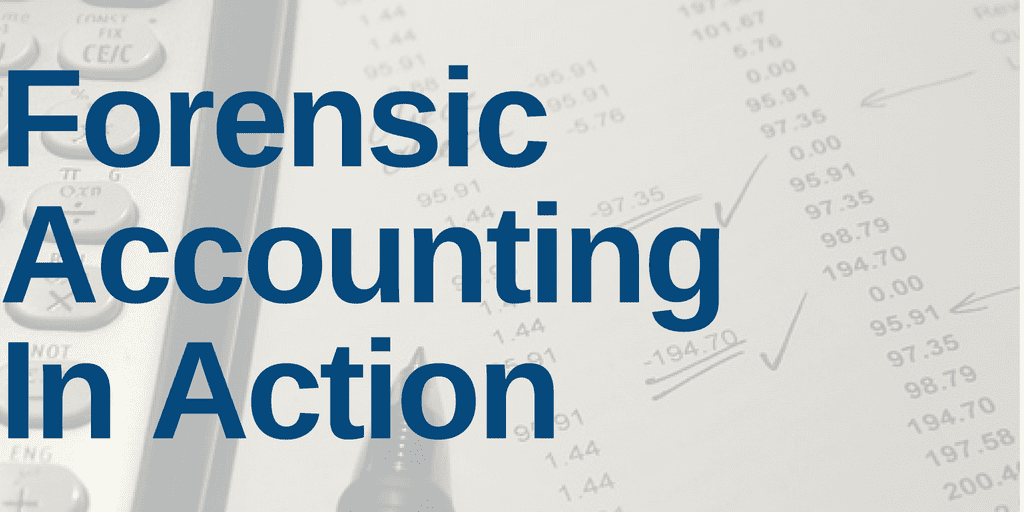While analyzing Bio-Rad Laboratories’ (BIO) most recent 10-K, we noticed that its non-operating income not only overstates GAAP net income but could negatively impact the firm’s ability to obtain additional financing.
How Equity Investments Impact Fundamentals
Analyst Devyn DeLange found that Bio-Rad recorded a $4.5 billion (177% of revenue) unrealized gain on the change in fair market value of equity securities in 2020. This gain was primarily due to the firm’s investment in Sartorius AG. In total, the firm’s Other Investments (which include Sartorius AG) make up ~73% of its total assets and ~53% of its market cap.
We remove this non-operating income when calculating Core Earnings and net operating profit after-tax (NOPAT) to provide investors more reliable measures of a firm’s true profitability. After adjusting for all unusual gains/losses, Bio-Rad’s Core Earnings of $293 million are much lower than GAAP net income of $3.8 billion.
We also add back the unrealized gains and subtract the realized gains on equity securities to Bio-Rad’s accumulated other comprehensive income (OCI). We then subtract OCI from our invested capital calculation to better represent the actual capital on which management should generate a return. Without adjusting both the income statement and balance sheet, investors get a misleading picture of a firm’s return on invested capital (ROIC) and true free cash flows. Get more details on how gains on equity securities impact OCI and invested capital here.
Beyond creating misleading GAAP net income, Bio-Rad’s investment in Sartorius AG jeopardizes its ability to access capital markets. Based on the value of the firm’s position in Sartorius AG, Bio-Rad might be deemed an investment company (rather than a Healthcare company) under the Investment Company Act, as noted on page 13 of its 2020 10-K. Should such classification occur, the firm notes it “might not be able to access the capital markets or otherwise obtain financing…” and “If the Company were deemed to be an investment company such determination could have a material adverse effect on our business.”
How We Treat Non-Operating Items
Non-operating items, such as Bio-Rad’s unrealized gain on the change in fair market value of equity securities, are why GAAP net income and analyst earnings don’t tell the whole story of a company’s profitability. We adjust for all unusual items, both hidden and reported, to calculate a more accurate measure of a firm’s profitability.
Without such diligence, investors could make misinformed investment decisions, and, in the case of Bio-Rad, be unaware of possible material changes to the company’s financing capabilities.
Only our “novel dataset”, which leverages our Robo-Analyst technology, enables investors to overcome flaws with legacy fundamental datasets to apply reliable fundamental data in their research. Core Earnings: New Data & Evidence, accepted for publication by The Journal of Financial Economics also proves the superiority of our fundamental data, Core Earnings models, and securities research.
This article originally published on February 25, 2021.
Disclosure: David Trainer, Devyn DeLange, Kyle Guske II, and Matt Shuler receive no compensation to write about any specific stock, sector, style, or theme.
Follow us on Twitter, Facebook, LinkedIn, and StockTwits for real-time alerts on all our research.
